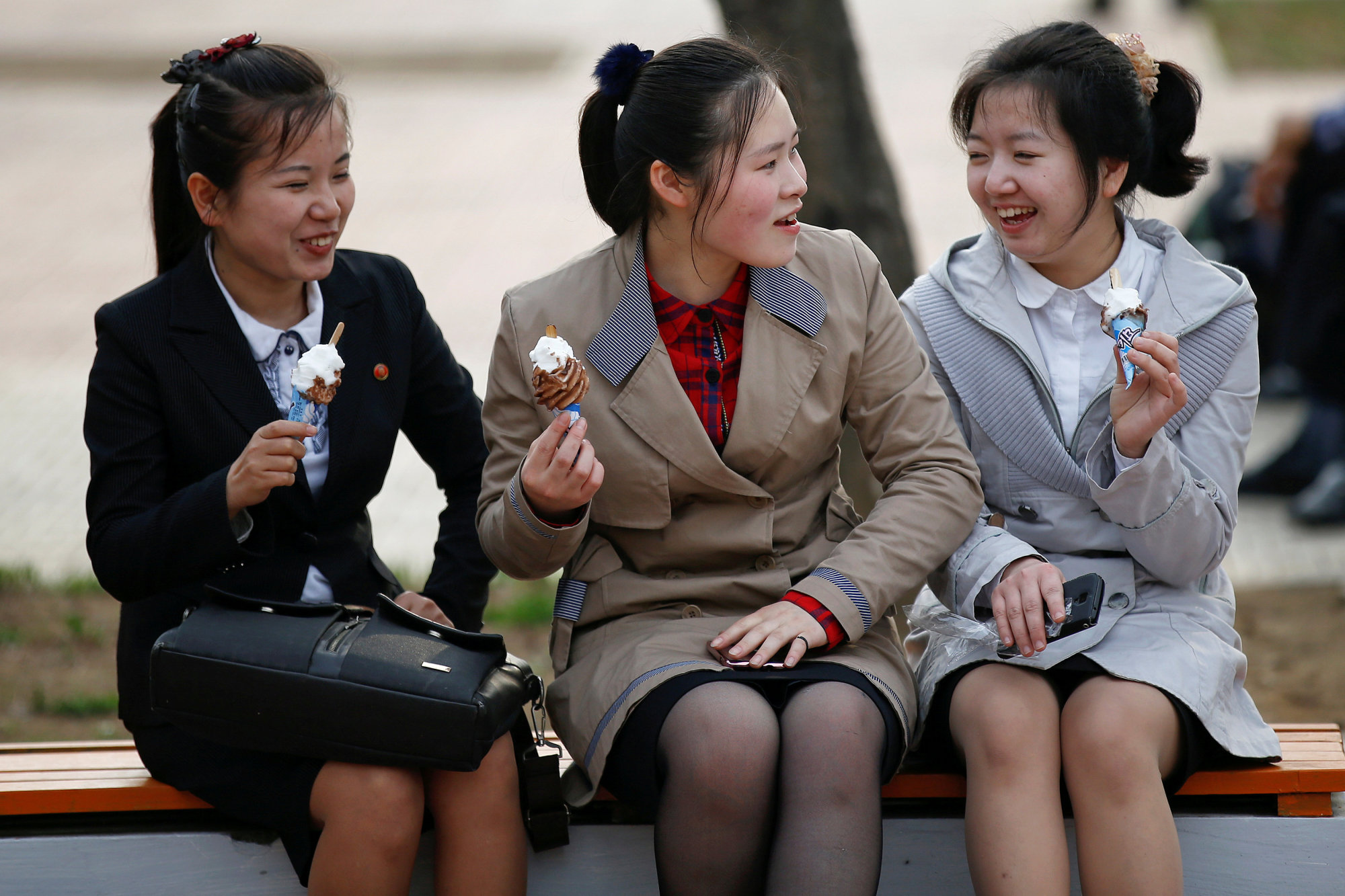Take the dregs left from making soy bean oil, which usually go to feed the pigs. Press and roll them into a sandy-colored paste. Stuff with rice, and top with chili sauce. The dish's name, "injogogi," means "man-made meat."
In North Korea for years it was a recipe for survival. Today it is a popular street food, traded alongside other goods and services on informal markets, known as "jangmadang." Defectors say there are hundreds of these markets. The creation and informal trade of injogogi and other foods offers a window into a barter economy that has kept North Korea afloat despite years of isolation, abuse and sanctions.
"Back in the day, people had injogogi to fill themselves up as a substitute for meat," said Cho Ui-sung, a North Korean who defected to the South in 2014. "Now people eat it for its taste."


















With your current subscription plan you can comment on stories. However, before writing your first comment, please create a display name in the Profile section of your subscriber account page.